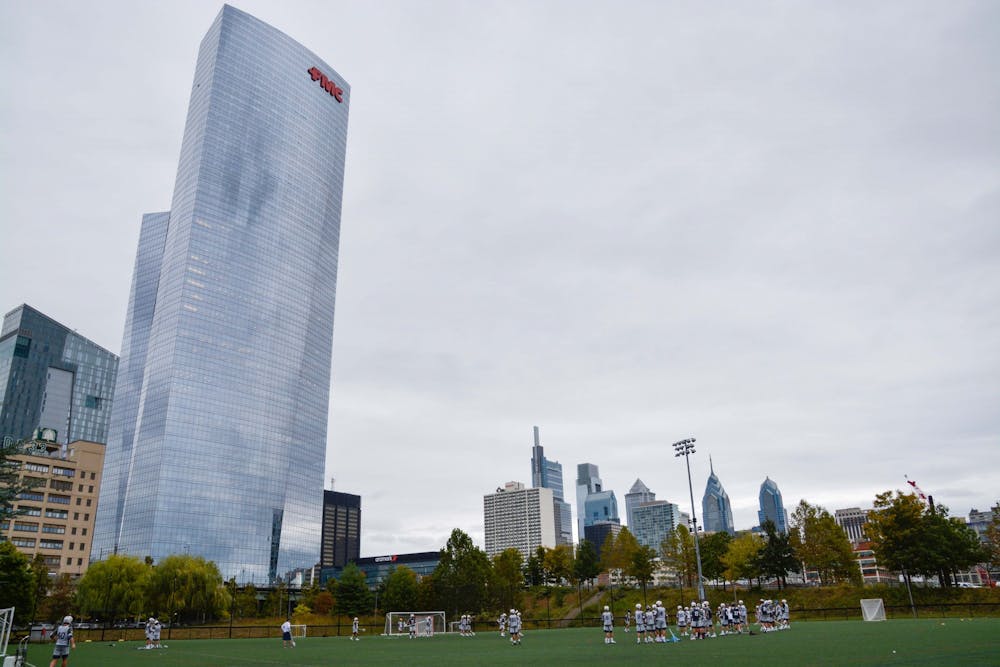
This fall, students returned to campus, many experiencing it for the first time. For some, one of the benefits of an in-person learning experience is access to exercise facilities, including Pottruck, Penn’s numerous grassy plains, and Penn Park.
However, access to these spaces does not always exist. High demand, cost premiums, and the renting of Penn facilities to third parties all contribute to a lack of student access to facilities at Penn. As such, the University must reduce rentals of outdoor facilities to third parties and prioritize access for Penn students.
In May of 2021, Heyday Athletics, a third party intramural service, used Dunning-Cohen Champions Field on six out of the first 13 days of the month, frequently during the evening. In September, the organization is scheduled to use the field one out of every five days, with other days booked for sports camps. Other facilities face their own accessibility challenges. Adams Field, for example, is constantly booked with team practices, games, and tournaments, thus reducing opportunities for students unaffiliated with a team.
Some may argue that this is insignificant. After all, the fields are unreserved most of the time. However, this viewpoint disregards the unfortunate timing of such rentals. Because students have classes and exams throughout the morning and afternoon, the evening is the best option for group exercise. But this is not possible if the venues are unavailable.
This is not the first time accessibility issues regarding Penn athletic facilities have come up. In 2019, Ringe Squash Courts came under fire for requiring fees from faculty and students. The University eventually reduced the cost of fees. Still, the incident demonstrates Penn's dismissal of issues surrounding classism.
It would be beneficial to open these areas for exercise. In the age of COVID-19, it is critical that people spend time outdoors to avoid the spread of disease. As such, students should have alternatives to Pottruck and other indoor facilities. Moreover, there are social benefits; team sports allow for students to compete alongside and against one another, creating valuable bonding experiences.
Making athletics more accessible isn’t just a matter of student enjoyment; participation in regular exercise can improve physical and mental health. For example, exercise can fuel the growth of nerve cells, which helps combat depression. Regular exercise has also been linked to longer life expectancies and can decrease risk for cardiac issues.
Penn must take steps to widen accessibility of its facilities. Athletics is necessary for healthy student life, and the University must act for the benefit of its student body.
Editorials represent the majority view of members of The Daily Pennsylvanian, Inc. Editorial Board, which meets regularly to discuss issues relevant to Penn's campus. Participants in these meetings are not involved in the reporting of articles on related topics.
The Daily Pennsylvanian is an independent, student-run newspaper. Please consider making a donation to support the coverage that shapes the University. Your generosity ensures a future of strong journalism at Penn.
Donate







